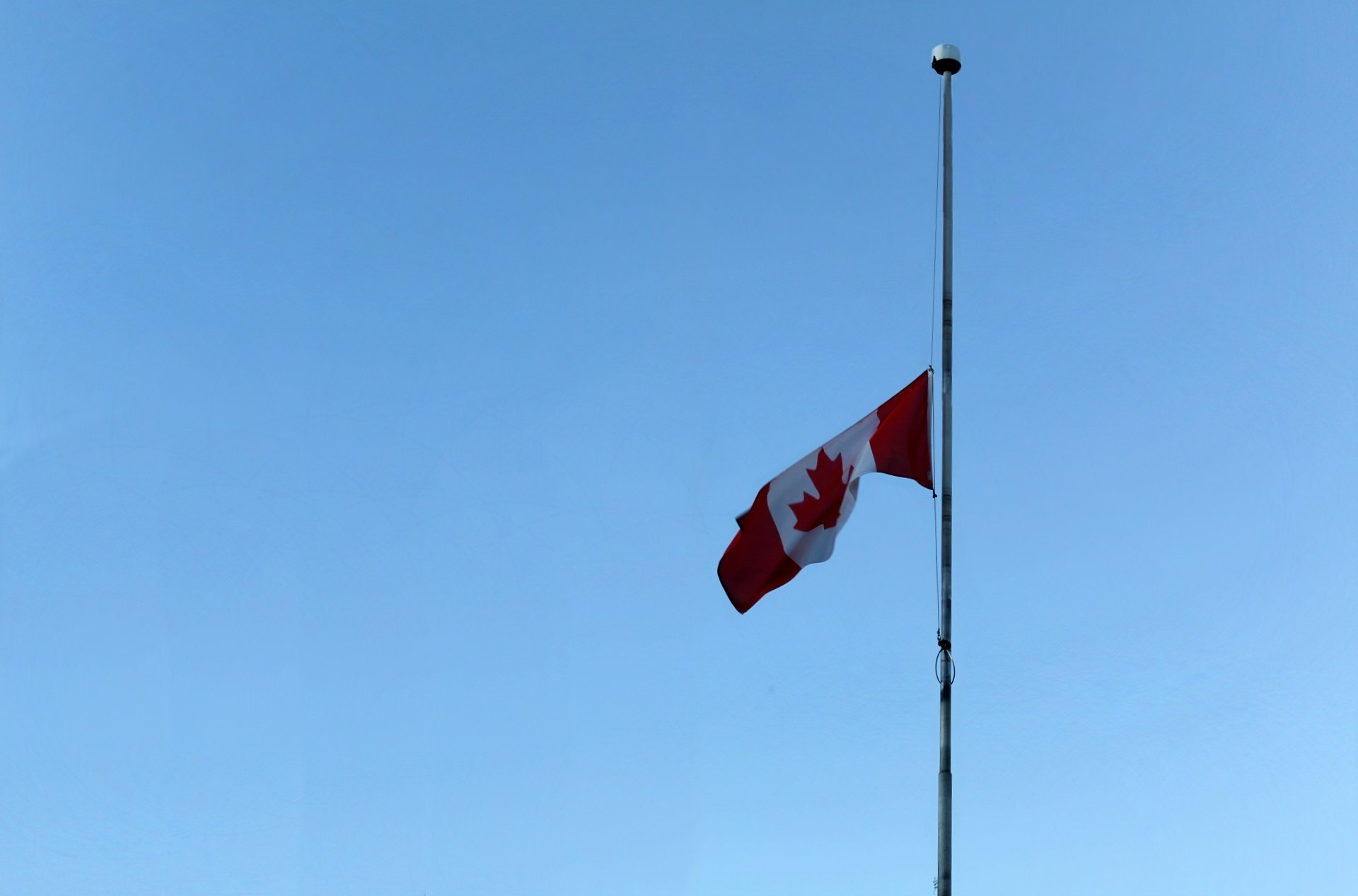On May 28, 2021, the Parliament of Canada voted to recognize September 30 as the National Day for Truth and Reconciliation.
The vote came at the onset of the discovery of hundreds of unmarked graves at residential schools across the country. These discoveries spurred calls for more action from the federal government to improve relations with Indigenous peoples. In addition, activists called for the dismantling of colonial symbols and institutions across the country from the renaming of Ryerson University to the Cancel Canada Day protests.
Kyle Fournier, media spokesperson for Crown-Indigenous Relations and Northern Affairs Canada, says that while recognizing the holiday is a step in the right direction, the Canadian government is committed to doing more to improve relations with Indigenous peoples.
“Advancing meaningful reconciliation with Indigenous Peoples across Canada is paramount in moving forward. Residential schools were a shameful part of racist and colonial policies that removed Indigenous children from their communities, their families, languages and cultures. Everyone in Canada has a role to play to educate ourselves and remember the lasting negative impacts residential schools have left on generations of Indigenous Peoples.”
The federal government has designated the National Day for Truth and Reconciliation as a federal statutory holiday, meaning that September 30 will be a paid day off for workers in the federal government and federally-regulated workplaces.
Numerous jurisdictions have recognized the holiday as well, including London and Peel Region — home to Mississauga and Brampton. However, none of Canada’s 13 provinces and territories currently observe it at the provincial level.
Curtis Lindsay, press secretary to Greg Rickford, Ontario minister of Indigenous affairs, states that while September 30 is not recognized by the provincial government as a statutory holiday, it is allowing for its unofficial observance.
“While the National Day for Truth and Reconciliation is not a provincial public holiday this year, employers and employees may agree to treat this day as such, and some may be required to do so if it has been negotiated into collective agreements or employment contracts.”
Lindsay also highlights that provincial institutions will still be commemorating the holiday.
“Ontario is working in collaboration with Indigenous partners, survivors, and affected families to ensure the respectful commemoration of this day within the province, similar to Remembrance Day. To reinforce the province’s steadfast dedication to this truth and reconciliation, this year, the Ontario Public Service will be observing September 30, 2021 as a day of commemoration to reflect on the tragic history and ongoing legacy of residential schools.”
Indigenous activists and political organizations such as the Ontario New Democratic Party (NDP) have denounced the decision by the Ontario government not to recognize the holiday.
Sol Mamakwa, an NDP Member of Provincial Parliament (MPP) of Oji-Cree descent, criticized the Progressive Conservative (PC) government for not doing enough to acknowledge Indigenous injustices.
“If Ontario and this government does not want to acknowledge the genocide of residential schools then they are part of the problem. But I don’t believe the majority of Ontarians want to be on the wrong side of history. They want the truth and they want a day to reflect.”


